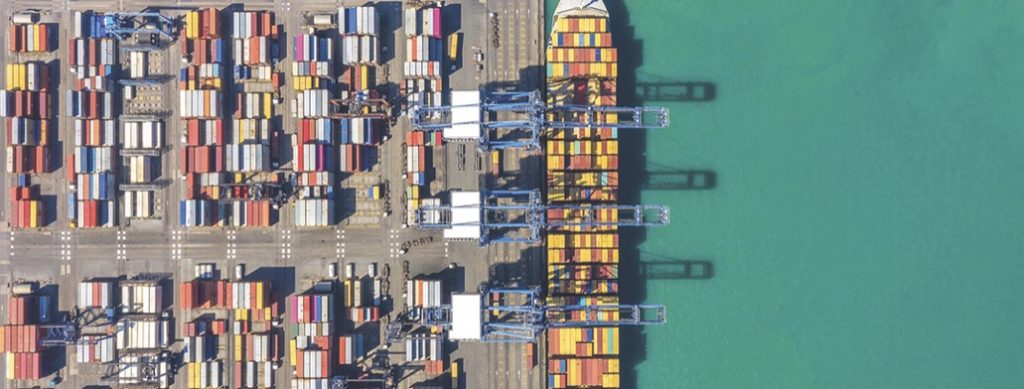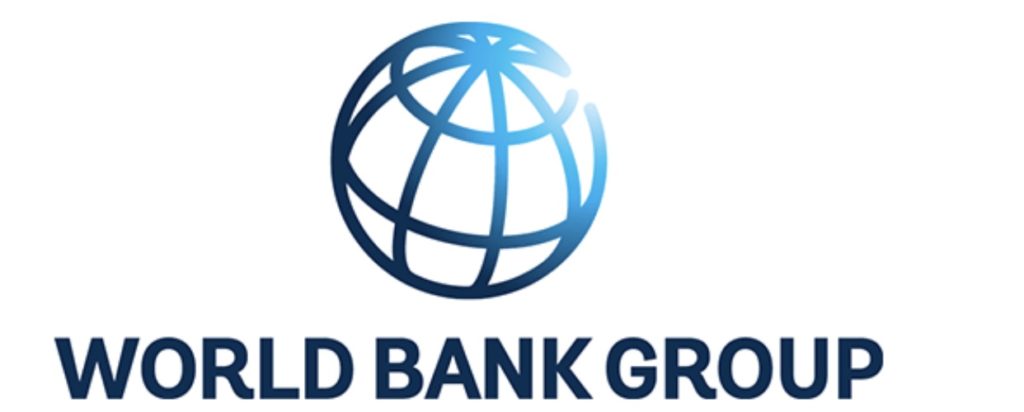Corruption in customs: Time for a new approach
Customs are often perceived as one of the most corrupt institutions in developing countries. Though difficult and complex, fighting corruption in customs is possible but requires an approach that is less centered on transposition of norms and practices from developed countries.

In the World Bank’s recently published Global Report on Anti-Corruption, we argue that addressing the root causes of corruption goes beyond legal reforms, code of ethics or IT system upgrades. Currently, there is no lack of prescriptions, norms, or standards to address corruption in customs. For instance, the Kyoto Convention advocates standardization and simplification of customs procedures, codes of ethics and conduct, and measures focusing on wage incentives and staff rotation. Although these types of initiatives are important, the results have often been disappointing in developing economy contexts.
It is important to establish a robust legal framework and measures such as simplification of processes and import policies or automation but they must be supplemented with other comprehensive approaches that address the root causes of corruption.
The obstacle of social norms
Corruption is often deeply embedded in the social norms and expectations of political and social life. Such norms provide the unwritten rules of behavior. In countries riddled with corruption, laws often fail to regulate conduct, so the prevailing social norms guide many interactions by dictating the rules of the game. Thus, there may also be social sanctions for violating these norms.

Rwanda and Georgia had been confronted with pervasive corruption in customs for years. With new leadership in the 2000s in both countries, a comprehensive approach to tackle corruption in customs was launched with some drastic measures. In both countries, a combination of measures addressing the broader social roots of corruption and technical measures were implemented. The experiences from Georgia and Rwanda are, of course, context specific and refer to particular events in the two countries’ history. Still, some lessons of broader relevance can be identified.
In Georgia, the tax code was simplified, including the elimination of many tax loopholes and a reduction in the number of taxes and import tariffs. One-stop windows were introduced for customs clearing procedures. In Rwanda, reforms led to significant improvements in collection efforts and auditing procedures. The reforms in these countries were part of larger and radical public sector reforms, with a clear message from the political leadership that corruption will not be tolerated.
Discredited public agencies were dismantled and replaced with new ones. The reform packages involved a drastic reshaping of the bureaucracies with simplification of administrative procedures. Opportunities and the space to engage in corrupt practices were then dramatically reduced. The new rules were strictly enforced based on effective monitoring mechanisms and little or no tolerance of deviations.
Local ownership, leadership and data analytics
Local ownership is essential for the sustainability of anti-corruption reforms in customs, and it is important to offer political backing to reformers. At early stage of reforms, it is important to have measures that lead to an increase in customs revenue as it helps to establish credibility and trust in the reform process for high-level officials.
However, sustainable change demands effort, commitment and leadership over time from heads of customs.
Finally, the emergence of data analytics tools and individual performance-based indicators, such as average processing time between inspectors in the same port, can help detect corrupt inspectors based on their practices.
Though corruption in customs remains a problem for many countries, strong political will, local buy in and improved awareness can help them get on the right path.
Source: WorldBank
You must be logged in to post a comment.